4 features AirPods Max 2 should take from Sennheiser, Bose and Sony
Because we can't be far off second-gen flagship Apple over-ears, right?
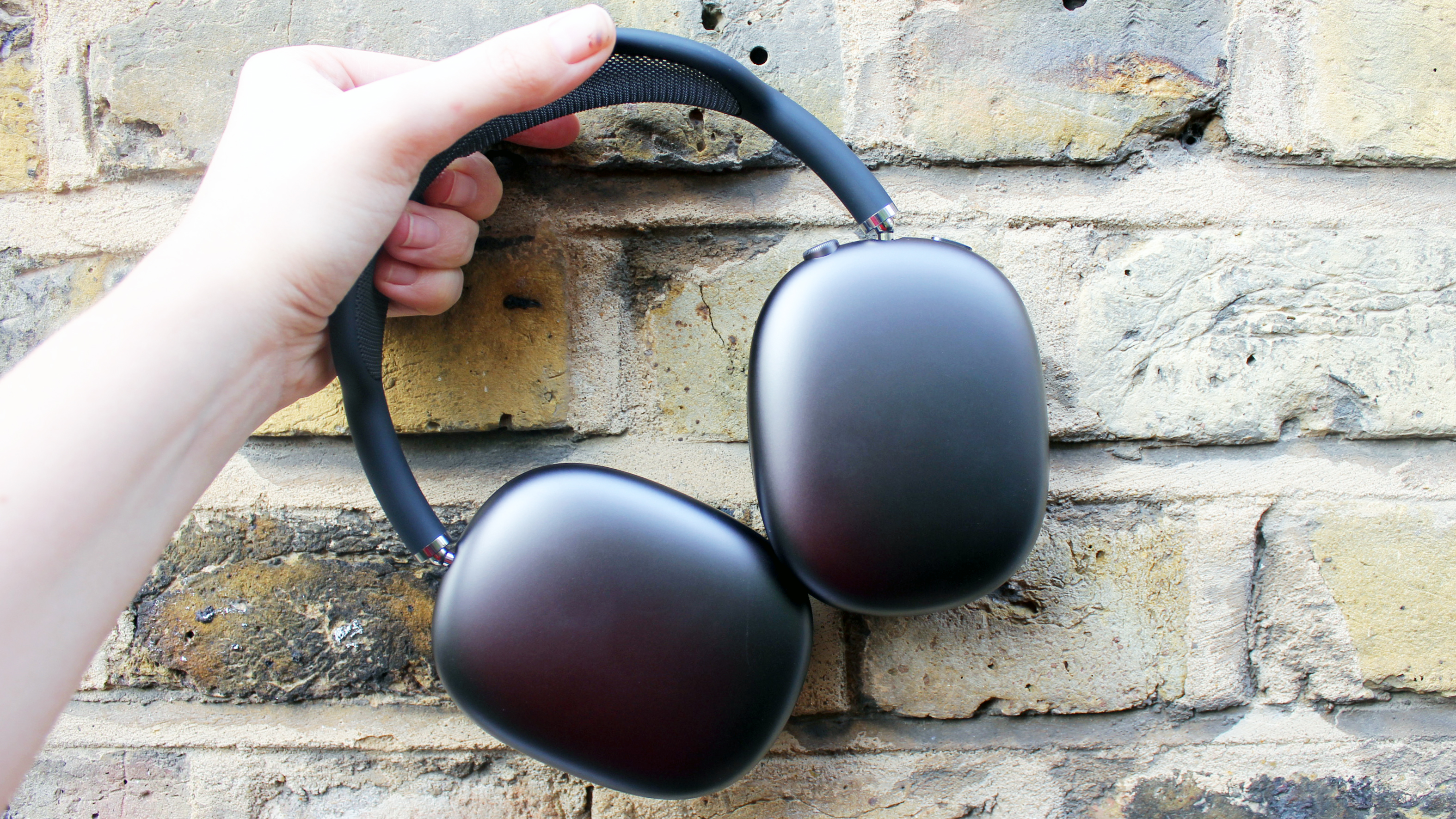
The Apple AirPods Max are an incredibly popular pair of noise-cancelling headphones that still appeal to Apple fans who want great sound and have a big budget. That’s why they’re our top choice for Apple lovers in both our best over-ear headphones and best noise-cancelling headphones guides.
It’s no surprise then that there’s been a lot of interest in what’s coming next from the Cupertino giant. After all, the Apple AirPods Max launched in December 2020. Does that mean the Apple AirPods Max 2 will be here soon – because you'd think so, no?
Although no official details about the AirPods Max 2 have been released, Apple analyst Jeff Pu says he expects the AirPods Max 2 could be on their way to us by the fourth quarter of 2024. Read our AirPods Max 2 rumors, possible release date and what we want to see guide for the latest news. But what tech and features should Apple borrow from audio rivals to ensure the success of the AirPods Max 2? Read on.
1. A better carrying case from Bose, Earfun and Sony
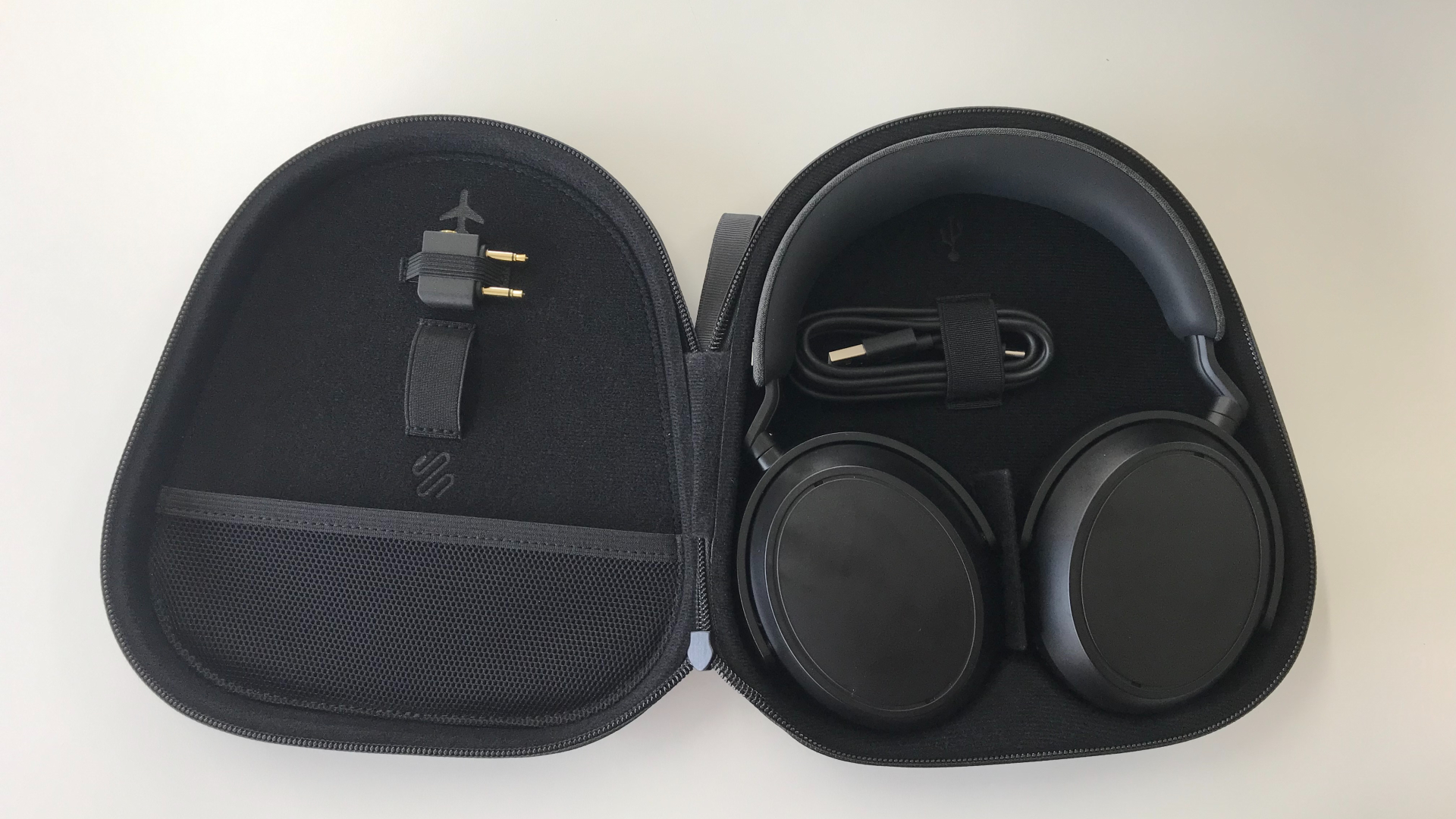
The original AirPods Max carrying case was controversial. In our review, we called it “hopeless” and “horrible”. Not just because it looked a bit silly (we saw people comparing it to a sleep mask and a bra when it was first launched), but because it offered little to no protection for what is an incredibly expensive set of headphones.
Of course you can pay extra for a hard case, but these headphones already require a significant outlay, so we don’t think you should have to. Especially considering plenty of other brands that make high-end headphones provide much better, sturdier, less ridiculous-looking cases.
For example, both the Bose QuietComfort Ultra Headphones and Sennheiser Momentum 4 Wireless come with simple cases with hard shells that the over-ears fold up into. Even less-than-perfect cases, like the one that comes with the Sony WH-1000XM5 headphones that’s quite big and bulky, offer a decent level of protection that’s essential for travel.
The reason we know it’s not too much to ask? Even budget headphones do it better. The Earfun Wave Pro have a simple carry case that we described as “surprisingly premium-feeling” in our review.
2. Lossless audio from Sonos and Sony
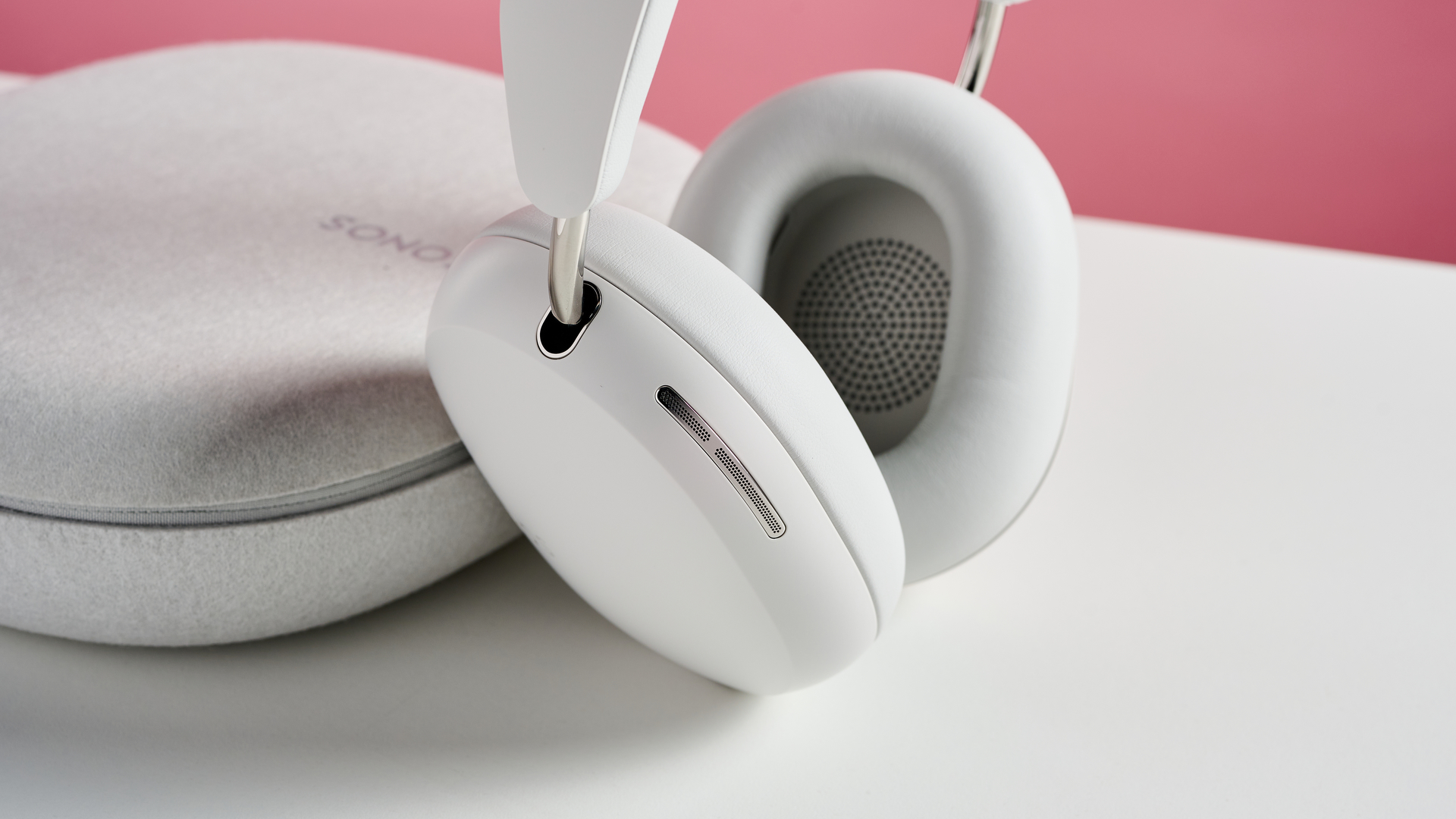
At launch, the AirPods Max cost $549 / £549 / AU$899. Although you can find them for closer to $549 / £499 / AU$899 now, they’re still an incredibly expensive pair of headphones – more expensive than some of the top headphones built for audiophiles. And yet they don’t support lossless audio. Instead, what you get here is Apple’s compressed AAC codec over Bluetooth.
In the AirPods Max 2, we’d love to see an option to listen to Apple's Music's Lossless or Hi-Res tiers. It makes sense for the price and plenty of headphones – some that are available for much cheaper – offer lossless listening. For example, the Sonos Ace might not be our favorite headphones for music, but they’re excellent movie headphones with a USB-C port that allows for high-end lossless Hi-Res Audio.
This is also all the more reason for the AirPods Max 2 to come with a cable. Right now they don’t and although you can buy one separately, it’s a digital cable, which means no lossless. Apple could also take a leaf out of Sony’s book. The Sony WH-1000XM5 over-ear headphones have LDAC codec – Sony’s hi-resolution audio option – and DSEE Extreme support.
3. Extended battery life from Cambridge Audio, Earfun and Sennheiser
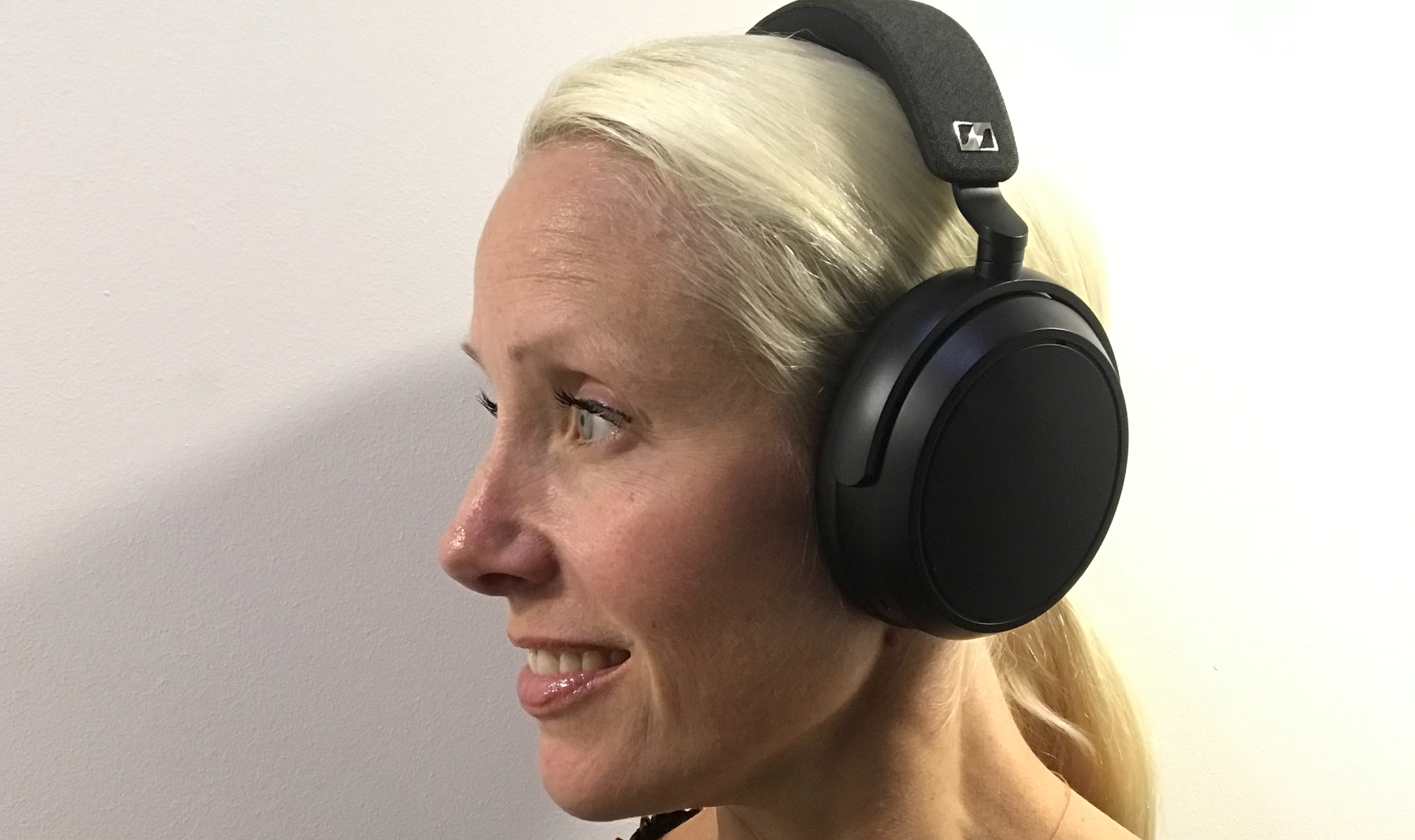
The Apple AirPods Max offered 20 hours of battery life with ANC on. That's a decent amount of stamina, especially considering that these over-ear headphones perform so well for every second of those 20 hours. But fast-forward a few years since their launch and rival brands are now bringing out devices that sound as good (or almost as good) with double and even triple the amount of battery.
For example, the Sennheiser Momentum 4 Wireless headphones offer 60 hours, even with ANC activated. Just like the AirPods Max, they also sound amazing, offer an incredible noise-cancelling experience and look great. This is the same story with the Cambridge Audio Melomania P100 headphones, which boast 60 hours with ANC on and a huge 100 hours with ANC off. Even budget headphones, like the Earfun Wave Pro, are packing in 55 hours. We know longevity isn't everything, but the Max 2 do need to play catch up.
4. Improved design from Bose and Sony
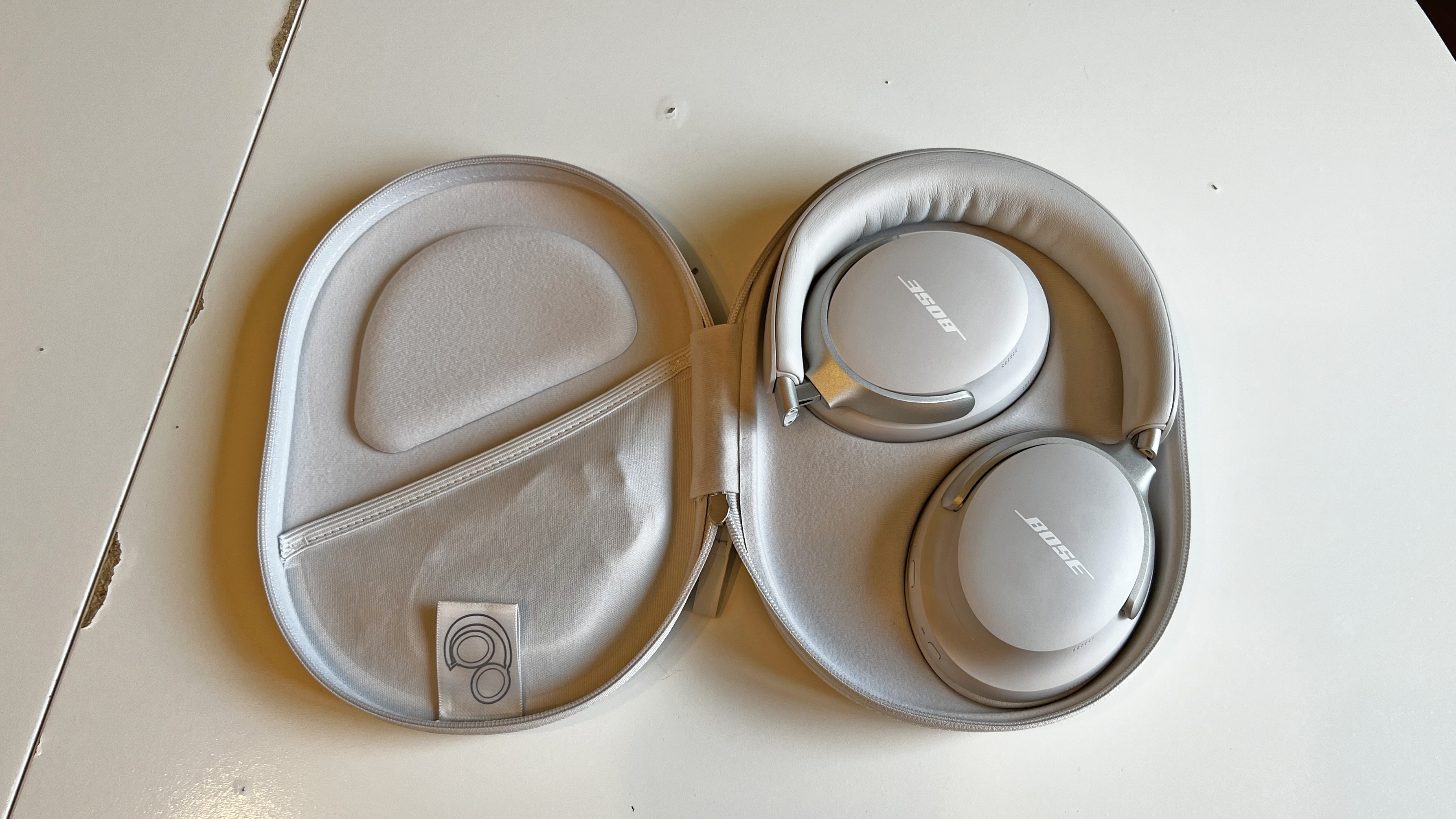
Look, there's nothing wrong with the design of the original Apple AirPods Max. In fact, some people think they're some of the most stylish over-ears on the market right now – a common opinion among Apple fans at least. But, if we're being picky, there are some design upgrades that would make the AirPods Max 2 way better.
For starters, they don't fold. This isn’t uncommon amongst high-end headphones, the Bowers & Wilkins PX8 also don’t fold, for example, and neither do the Dali iO-12 (which sound wonderful but also come with a frankly huge case). But it does mean the AirPods Max more difficult to transport than they need to be – and they're already difficult to transport given the fact they have such a silly case.
Other high-end brands do it better. Just take a look at the Bose Quietcomfort Ultra and the Sony WH-1000XM4 headphones. It's not like you can squash up these headphones to be teeny tiny, but the ability to fold the cups and then use the hinge to push those cups in on themselves a little does reduce the space they take up, making them much more portable.
While we're focused on design, it would be good if the AirPods Max 2 were a little lighter than the originals. Sure this is a tricky balance. Can the premium materials that make these headphones so special also be feather light?
Let's take a look at the specs. The AirPods Max currently weigh 385g. But both the Sony WH1000XM5 and the Bose Quietcomfort Ultra headphones are 250g whilst also sounding great and looking stylish. Which just shows you can be high-end and lightweight.
You may also like
Get daily insight, inspiration and deals in your inbox
Sign up for breaking news, reviews, opinion, top tech deals, and more.
Becca is a contributor to TechRadar, a freelance journalist and author. She’s been writing about consumer tech and popular science for more than ten years, covering all kinds of topics, including why robots have eyes and whether we’ll experience the overview effect one day. She’s particularly interested in VR/AR, wearables, digital health, space tech and chatting to experts and academics about the future. She’s contributed to TechRadar, T3, Wired, New Scientist, The Guardian, Inverse and many more. Her first book, Screen Time, came out in January 2021 with Bonnier Books. She loves science-fiction, brutalist architecture, and spending too much time floating through space in virtual reality.
